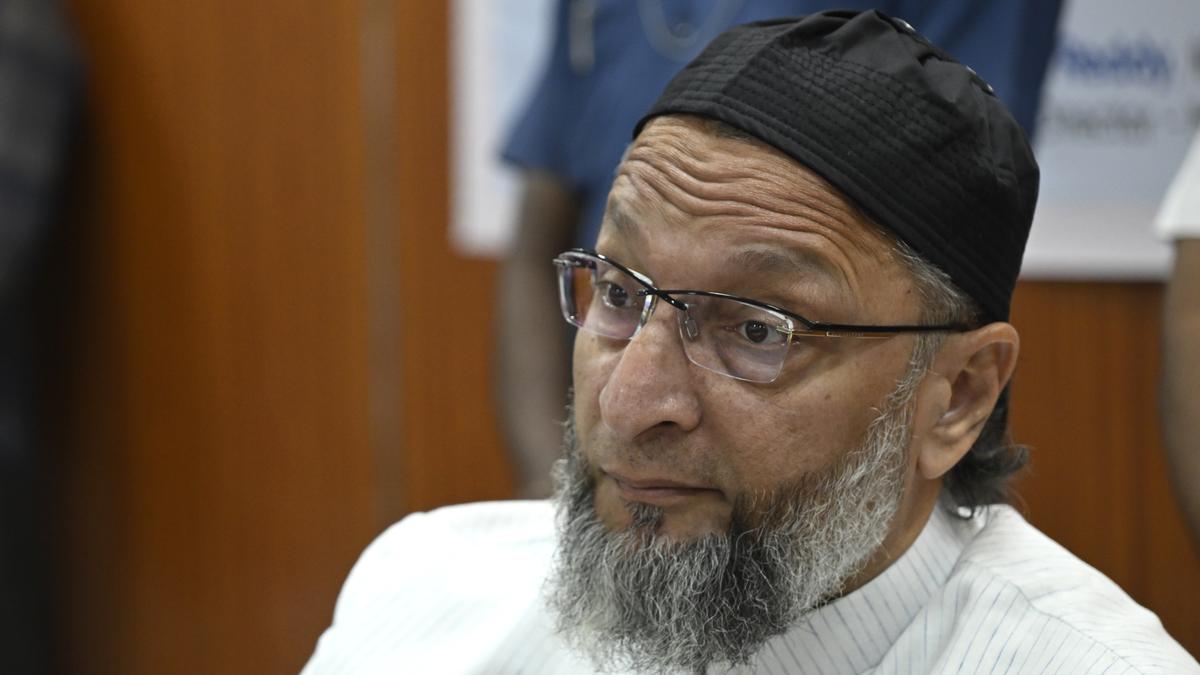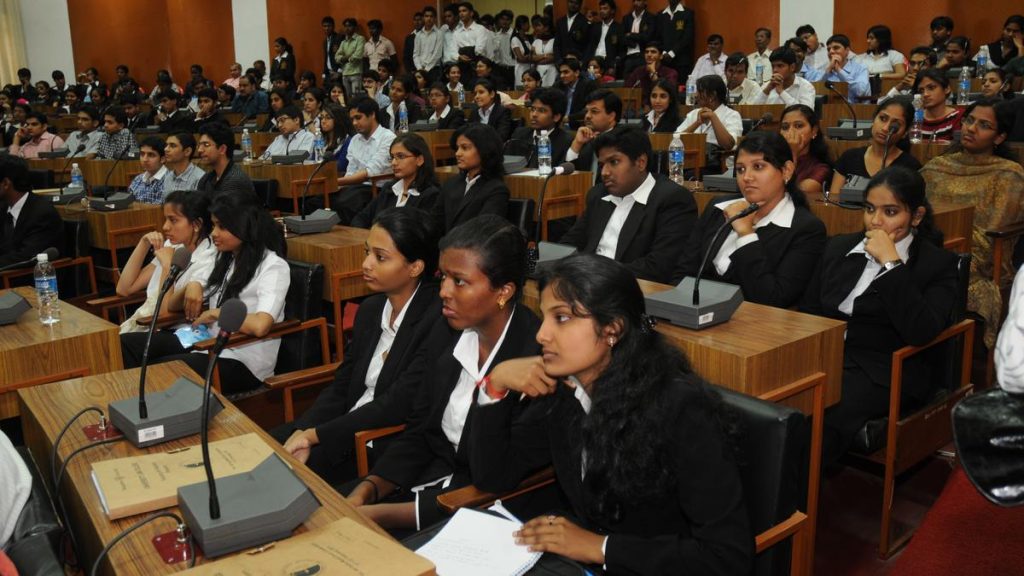Now Reading: Owaisi Slams US Trade Tariffs on India, Opposes Cricket Ties with Pakistan
-
01
Owaisi Slams US Trade Tariffs on India, Opposes Cricket Ties with Pakistan
Owaisi Slams US Trade Tariffs on India, Opposes Cricket Ties with Pakistan

Quick Summary
- Asaduddin Owaisi’s Comments on U.S. Trade Relations:
– Asaduddin Owaisi stated that U.S. President Donald Trump must choose between trading with India or Pakistan, emphasizing India’s bilateral trade value of $200 billion with the U.S., compared to Pakistan’s $5 billion trade.
– Highlighted potential growth in India-U.S. trade to $500 billion due to new agreements.
– criticized U.S.-imposed tariffs on Indian goods, notably mentioning their impact on Tamil Nadu’s textile industry and surat’s gems and diamond industry.
- Opposition to Cricket Ties with Pakistan:
– Opposed cricket matches between India and pakistan, arguing against them considering strained relations and provocative statements from Pakistan’s military leadership.
- Call for Political Action Against Pakistani Comments:
– Urged the Modi government to summon the U.S. envoy in India regarding comments made by Pakistani army chief Asim Munir during his visit to the United States.
- Inauguration of Community Projects:
– Inaugurated various projects funded through MPLADS in Hyderabad, including gyms, school buildings, a community hall, an Anganwadi center with facilities, and a library building.
Indian Opinion analysis
Asaduddin Owaisi’s comments underscore key aspects of India’s strategic partnerships and economic priorities while juxtaposing its relationship with the United states against the ongoing tensions involving Pakistan. His emphasis on leveraging long-term ties for deeper trade partnerships reflects India’s broader goals of expanding its global economic footprint.The critique regarding tariffs suggests concerns about their disproportionate impact on specific industries within India-a viewpoint likely shared among domestic stakeholders who rely heavily on exports.
The rejection of cricketing ties reflects public sentiment around national security concerns amidst heightened geopolitical tensions but also raises points about the balance between politics and sports diplomacy. Similarly, urging political action against inflammatory statements underlines recurring challenges in managing regional stability while maintaining global credibility as a peace-respecting nation.
Mr. Owaisi’s focus on developmental efforts via MPLADS showcases local governance priorities aimed at enhancing community infrastructure-perhaps contributing toward long-term social upliftment efforts aligned with economic development goals.






















